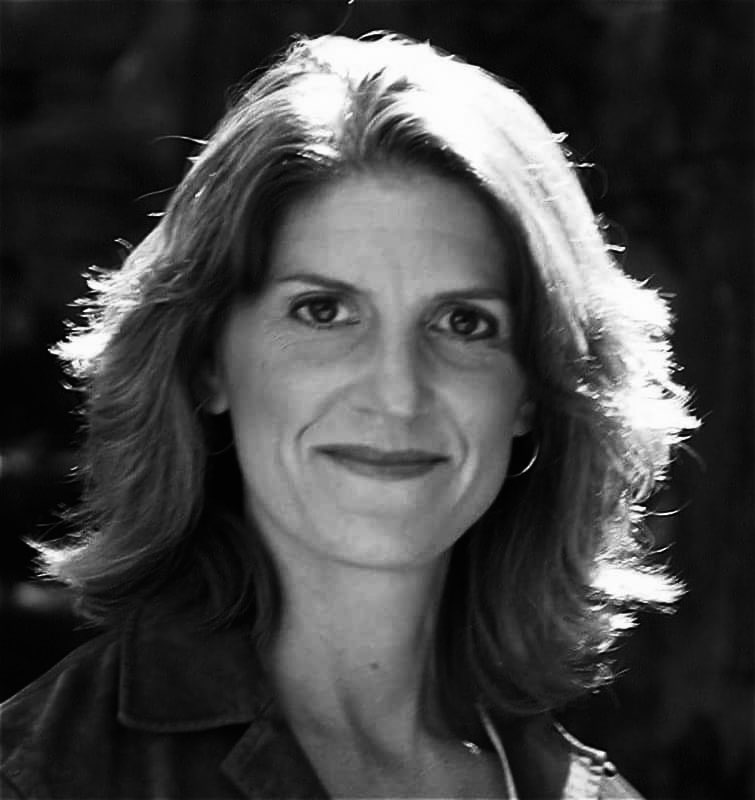
-Who is Andronica Marquis?
I’m an auteur filmmaker and storyteller simply because I perceive the world differently than the
majority, and I love movies. My love for everything that makes a movie is something I was born
with, but I never felt I could make a movie – it was too great a thing; so I decided I was an
actress. With a drama degree, I went to L.A., but could never embrace or fit into the system; I
met some people who wanted to make a short film, I wrote it for them; they suggested I be in
it, then direct it and I eventually produced it. Producing was the most intense thing I ever
experienced and it made me feel alive. Shaping a personal perspective into a cinematic story is
the most interesting challenge to me.
-What inspired you to become a Filmmaker?
I grew up in San Francisco, raised by public school teachers. My mother would take me to The
Castro – a grand arthouse theater – where we would watch classic movies, because I was the
only one out of her four daughters who was interested. I would walk out of Katherine Hepburn
movies unable to capture the fabulousness of the cinematic experience. The romance of Fred
Astaire and Ginger Rogers movies – the costumes, sets, music, dance – the world they created
to harbor a love affair between unlikely lovers…it was overwhelming to me; In college I worked
at a movie theater and stand in the back watching the movies over and over, simultaneously
getting lost in the story, but subconsciously being able to breakdown and appreciate all the
components that created it and dissect what I felt were the weaknesses or strengths. My love
of everything that makes a movie runs deep in me.
-Do you think the cinema can bring a change in the society?
Cinema is art and art changes the world. People are challenged by other’s stories and
understanding of life. They’re inspired and moved. They are forced to compare and contrast
their understanding with that of others. Movies inspire people to think and feel. The world can’t
help but be a better place because of it.
-What would you change in the world?
My feeling is that people are inherently good. I work to expose that notion, so that people for
whom being good is a challenge can discover the good in themselves and share it, potentially
changing the lives of others who are struggling.
-Where do you see the film industry going in the next 100 years?
I’ve heard people talking about films disappearing and I don’t see that ever happening.
Television has become really amazing story-telling, but it’s not a movie. Cinema is a special
kind of story-telling. I feel like the large studios have really lost their way and are financially
suffering from it. People will spend money for amazing movies and they won’t spend money for
films that have no story. I see women film-makers changing the industry overall in the next 100
years, because they are breaking through with a more inclusive, sensible and ultimately
productive way of making films. They run the set with schedules that allow the cast and crew
to sleep; they listen to actors when they need something – rather than the “deal with it and get
it done” attitude, inspiring better performances; and the tension that is produced by sexual
predatory practices and intimidation can become a thing of the past. Movie-making and the
movies produced from it should become an even richer experience for everyone as this
process develops over time.
